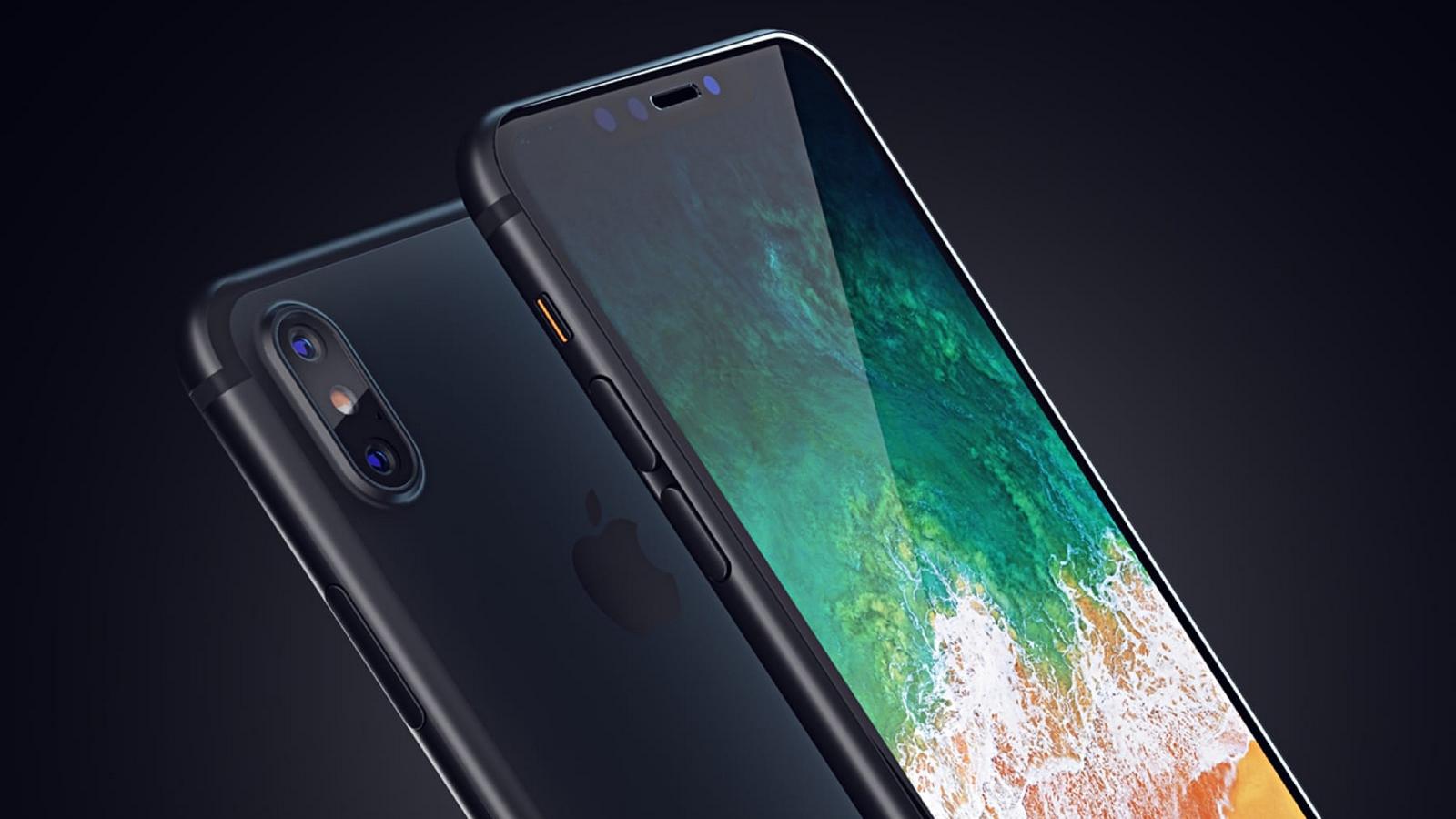Users may face a deficit of the new iPhone 8, which will be presented on September 12. According to the publication, this summer Apple had unforeseen difficulties in assembling smartphones of the new version.
As a result, the production schedule for new smartphones has been prolonged for a month, and Apple's contractor Foxconn Technology Group, which assembles the devices, had to increase production capacity at the plant in China's Zhengzhou.
However, as the newspaper notes, this may not be enough to supply retailers with the necessary number of devices on time. Apple and Foxconn did not comment on this information.
After the information about possible production problems appeared, Apple shares fell 0.6% on Thursday, September 7. Meanwhile, experts believe that the delay in the release of the new iPhone will not affect the attitude of users to Apple.
"Our conversations with suppliers suggest that the iPhone 8 will be delivered three to four weeks later due to technological problems that Apple is working on with the suppliers to resolve," told analysts quoted by CNBC. According to their information, the problem is related to fingerprint scanners and 3D-sensors.
Analysts expect that Apple will either postpone the delivery date, which will adversely affect the results in the fourth quarter, or iwill bring the phones to the market without scanning fingerprints, which could lead to a drop in sales and loss of reputation.
Such a shift in supply will lead to a decrease in sales in the 2017 fiscal year to 208.1 million copies. Apple declined to comment on these reports, CNBC notes.
Earlier, German newspaper Macerkopf reported that sales of new iPhone models will begin on September 22, and pre-order for the gadget buyers will be able to do already on the 15th.
The new flagship from Apple will cost more than its predecessors: approximate price for it will start from $ 900 for a basic modification. For comparison, the iPhone 7 Plus 128 GB is officially sold today for $ 869.
An analyst at IGI Securities explained that the OLED displays of Samsung are to blame. Koreans force their partner to buy OLED panels at a price of $ 120-130 per unit. For comparison, 5.5-inch LCD display for iPhone 7 Plus costs Apple $ 45-55.
So far, Samsung remains the only company that mastered the technology of producing "organic" displays on a large scale: it equipped them with Galaxy smartphones back in 2009. As of April 2016, the Korean company accounted for 97.7% of the world's production of OLED screens.
In addition, Samsung owns the vast majority of patents for OLED technology. The screens, consisting of light-emitting diodes, have less weight, wide viewing angles, flexibility, more energy-saving than liquid crystal displays. On the other hand, OLED-screens are more expensive because of labor-intensive production.
source: wsj.com
As a result, the production schedule for new smartphones has been prolonged for a month, and Apple's contractor Foxconn Technology Group, which assembles the devices, had to increase production capacity at the plant in China's Zhengzhou.
However, as the newspaper notes, this may not be enough to supply retailers with the necessary number of devices on time. Apple and Foxconn did not comment on this information.
After the information about possible production problems appeared, Apple shares fell 0.6% on Thursday, September 7. Meanwhile, experts believe that the delay in the release of the new iPhone will not affect the attitude of users to Apple.
"Our conversations with suppliers suggest that the iPhone 8 will be delivered three to four weeks later due to technological problems that Apple is working on with the suppliers to resolve," told analysts quoted by CNBC. According to their information, the problem is related to fingerprint scanners and 3D-sensors.
Analysts expect that Apple will either postpone the delivery date, which will adversely affect the results in the fourth quarter, or iwill bring the phones to the market without scanning fingerprints, which could lead to a drop in sales and loss of reputation.
Such a shift in supply will lead to a decrease in sales in the 2017 fiscal year to 208.1 million copies. Apple declined to comment on these reports, CNBC notes.
Earlier, German newspaper Macerkopf reported that sales of new iPhone models will begin on September 22, and pre-order for the gadget buyers will be able to do already on the 15th.
The new flagship from Apple will cost more than its predecessors: approximate price for it will start from $ 900 for a basic modification. For comparison, the iPhone 7 Plus 128 GB is officially sold today for $ 869.
An analyst at IGI Securities explained that the OLED displays of Samsung are to blame. Koreans force their partner to buy OLED panels at a price of $ 120-130 per unit. For comparison, 5.5-inch LCD display for iPhone 7 Plus costs Apple $ 45-55.
So far, Samsung remains the only company that mastered the technology of producing "organic" displays on a large scale: it equipped them with Galaxy smartphones back in 2009. As of April 2016, the Korean company accounted for 97.7% of the world's production of OLED screens.
In addition, Samsung owns the vast majority of patents for OLED technology. The screens, consisting of light-emitting diodes, have less weight, wide viewing angles, flexibility, more energy-saving than liquid crystal displays. On the other hand, OLED-screens are more expensive because of labor-intensive production.
source: wsj.com





